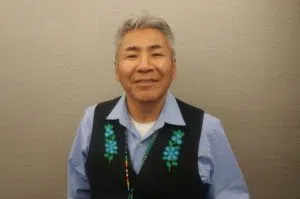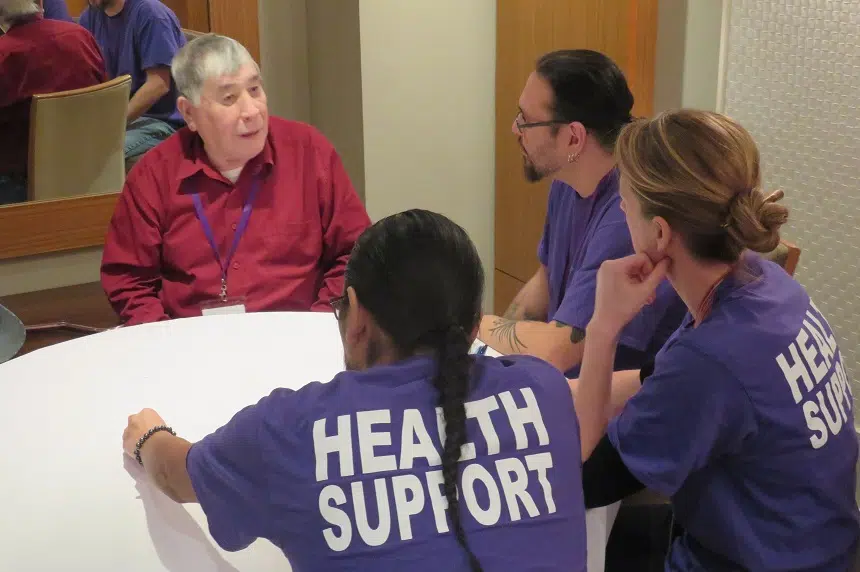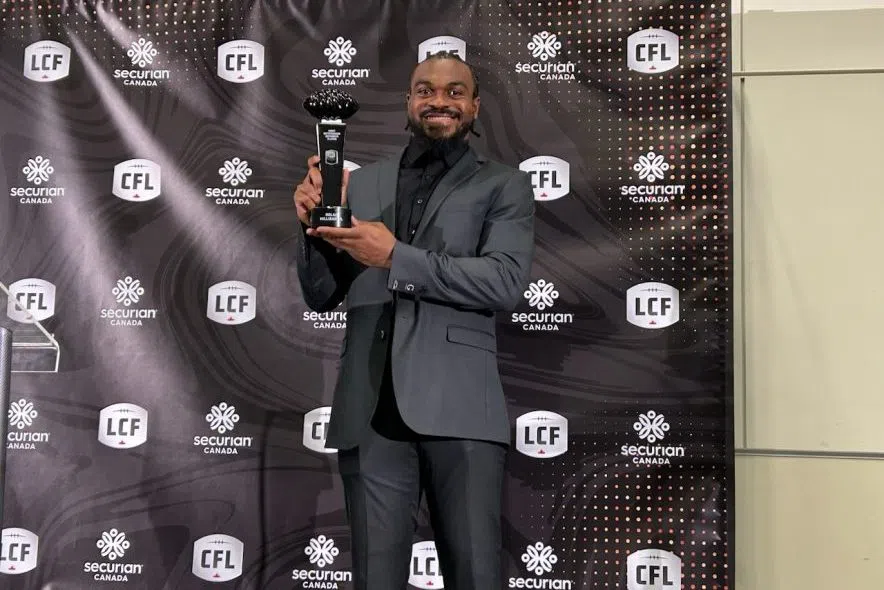As testimonies from families at the national inquiry into Missing and Murdered Indigenous Women and Girls (MMIWG) wrapped up Thursday evening in Saskatoon, attention turned to the care of those expressing their darkest memories.
Questions have swirled around the availability of mental health supports during the inquiry’s stops in Edmonton and Winnipeg, with rumoured backlogs of families waiting for after care.
However, national inquiry health director Terrellyn Fearn told 650 CKOM Thursday the perceived delays are due to how families choose to receive care.
“Some of those after care programs don’t get completed until a little bit later when families have a sense to return to their community and be supported there,” she said.
“Then maybe a week later we’ll do a check-in and develop a plan with them then.”
Fearn said the goal is to help families recover in a private setting to avoid any long-term effects of re-traumatization.
“We’re not leaving people raw,” Fearn said. “They’re transitioning, debriefing and able to go home to their communities.”
The health director noted her department is also working with local community organizations, since they could provide care after the inquiry moves on to another population centre.
In Saskatoon, local groups helping out include the Saskatoon Indian and Métis Friendship Centre and St. Paul’s United Church.
The groups are offering comfort bags and free shuttles to the centre to participate in activities, along with meals and counselling services.
Despite the work with community organizations, Chief Commissioner Marion Buller responded to questions about after care by suggesting they needed more federal funding to expand the program.
“We know it’s critical. We see it in their faces, we hear it every day,” she said.
‘Just breathe’
While much of the focus has been on care after the testimony, other inquiry staff are focused on making sure families feel comfortable while they share their stories.

Frank Hope helped Indigenous families share their stories of lost loved ones in private testimonies for the MMIWG inquiry since Oct. 10, 2017. (Chris Vandenbreekel/650 CKOM)
The MMIWG hearings in Saskatoon have been split between public and private rooms, with some people choosing to share their experiences out of the media’s gaze.
Their stories are collected by “statement gatherers” like Frank Hope.
“People are feeling their deepest pain and sometimes they’ve never really expressed that,” he said. “Once they begin to express that, sometimes it comes flooding forth.”
Hope has been working with the inquiry since early October, travelling between cities and listening to testimonies of people who are looking either for justice or for loved ones who have disappeared.
He came on board after spending time with the Truth and Reconciliation Commission, where he learned the best advice to give families as they begin their sessions.
“Breathe,” he said. “Just breathe.”
Hope noted the testimonies take as long as the families require, with some meetings lasting up to three hours.
He said the sessions also help him on his own healing journey.
“I’ve been dealing with my own issues for that long, and really beginning to understand myself,” he said.
“Once I do that I’m really able to support and listen to people.”
The national inquiry’s Saskatoon hearings saw 69 people share their experiences over the first two days in public and private hearings, with 16 statements being gathered by Hope and his colleagues.
Numbers for the final day of testimony Thursday could fluctuate due to walk-in statements.







